Xylitol /Xylit/ is a whitish powder that is distinguished by its crystalline structure. Xylitol is also known by the name E967. It does not have any particular smell, but on the other hand it has a sweet taste that resembles that of sugar.
In fact, this quality makes it a popular substance, as it is often used as an equivalent to sugar and also in some medicines, throat sprays, mouthwash and toothpaste. Foods are also sweetened with its help.
Upon contact with the tongue, xylitol leaves a specific sensation of coolness. Xylitol dissolves successfully in water. It is not that well dissolved in ethylene and acetic acid. But it turns out to be resistant to acids and heating. Xylitol is found in living nature. It is found in fibrous vegetables and fruit. According to experts, it is also found in corn cobs and also in trees such as birch.
Xylitol is a preferred sugar equivalent because it does not affect blood glucose levels. This makes it suitable for people suffering from diabetes and also those who are trying to reduce their weight. It is considered harmless and is supported by bodies such as the Scientific Committee on Food of the European Union. Xylitol is also FDA approved.
Use of xylitol

Xylitol is undoubtedly the most valued substance in the food industry. Thanks to it, a bunch of sweet delights can be produced, which if prepared with sugar, will be unavailable for diabetics and overweight people. Xylitol adds a sweet taste to a number of candies and gums.
It is added to baked goods such as biscuits, sponge cakes, waffles, chocolates, ice creams, creams, etc. It is used to enhance the sweetness of fruit and cereal desserts. However, its application does not end there. It is also used to flavor sauces, mayonnaise, ketchup, mustard. It can also be present in some salami and sausages. It is also used to flavor hot drinks and shakes.
Xylitol is also well known to pharmacists. It is included in various medicines, vitamins, nutritional supplements, solutions and syrups. In addition, E967 is also used in making gels to soothe the gums of babies while the first teeth are coming out.
Daily dose of xylitol
Xylitol is a substance that has repeatedly been subjected to experiments. However, scientists have found that adults should not intake more than 50 grams of xylitol per day. Children should not exceed the limit of 20 grams per day.
Benefits of Xylitol
There are opinions that xylitol is harmless and even healthy. Experts note that its intake reduces the risk of caries by as much as 80%. In addition, the substance effectively fights the carious process. Xylitol affects the bacteria found in the oral cavity and prevents their development and reproduction. The use of xylitol leads to a reduction of dental plaque, which is responsible for the formation of tartar in the mouth.
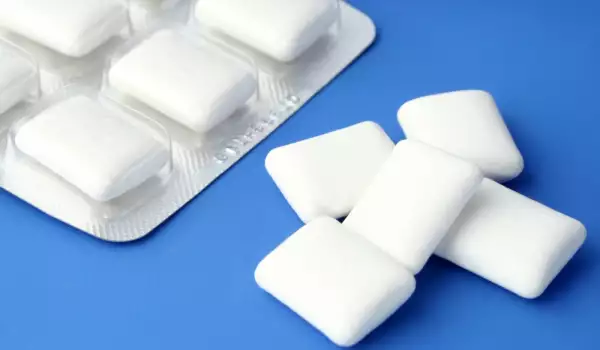
Research also shows that regular intake of xylitol stimulates the production of saliva and increases its protective properties. According to the scientists, xylitol chewing gum is beneficial, as it can also prevent the occurrence of ear infections.
It also turns out that taking xylitol strengthens the immune system, protects against chronic degenerative diseases and even has a rejuvenating effect. The substance has the property of suppressing harmful bacteria, including those that cause bad breath, ulcers and stomach cancer.
Experiments with rats taking xylitol with their food showed that E967 prevented bone weakening and even increased bone density. This gives the scientists reason to believe that the substance can be used in the production of preparations for the treatment of osteoporosis.
Since the glycemic index of xylitol is 8.5, it does not affect blood sugar levels. Therefore, we can conclude that people whose bodies are sensitive to sugar intake benefit the most from the product.
Harms from Xylitol
Although xylitol is considered harmless when taken in small amounts, it can turn out to be an enemy. Excessive and intensified use of the substance can cause gas, nausea, stomach pain, vomiting.
It is also possible that some people are allergic to it. That is why its consumption should be approached with care. In isolated cases, reactions such as rashes, itching, burning and inflammation in the oral cavity have been observed.
We can't help but mention one more fact about xylitol. Some scientists are of the opinion that increased intake of E967 can cause the appearance of tumor formations in the body after a certain period of time.
So parents should be vigilant for the presence of xylitol in the treats that their little ones are snacking on. Such foods should also not be given to pets, as some of them would not tolerate the substance well.
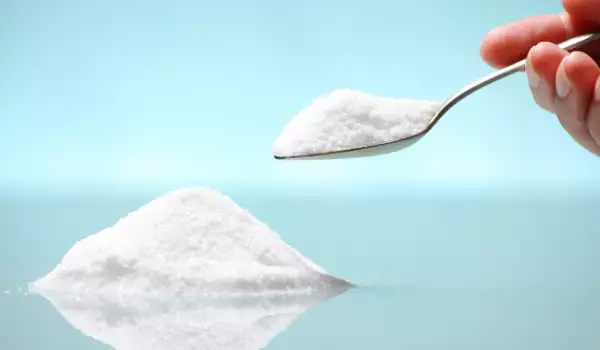


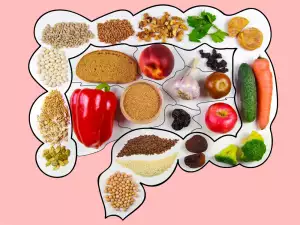

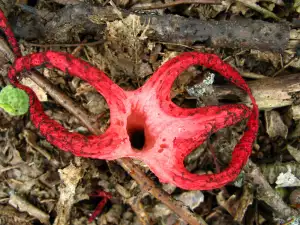



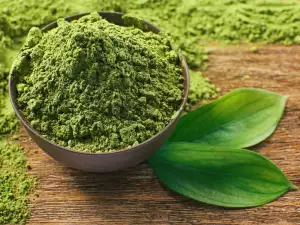



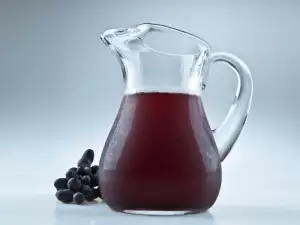



Comments